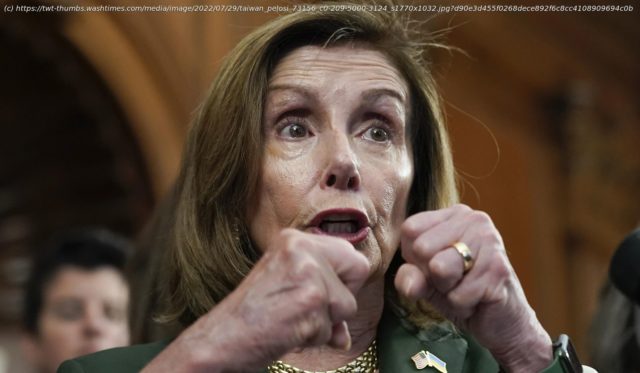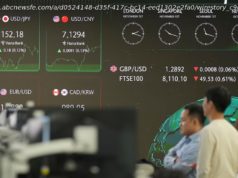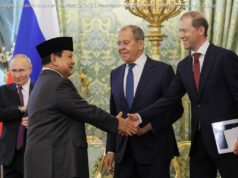Array
The crisis sparked by House Speaker Nancy Pelosi’s potential visit to Taiwan misses a key point, experts say: that the real focus should be on how the United States and China manage their differences so the risks of confrontation don’t spiral out of control.
News of a possible visit by Pelosi has set off intense speculation about China’s potential diplomatic and military responses. But for Taiwan, the visit – if it occurs – would be merely the latest point of strife in an already tense situation that has shadowed the island democracy for decades.
“The main point is not in Pelosi coming to Taiwan, but it’s to look at how the U.S. and China effectively control the risks that may arise,” said Arthur Zhin-Sheng Wang, a defense studies expert at Taiwan’s Central Police University.
Wang said that Thursday’s call between U.S. President Joe Biden and Chinese leader Xi Jinping was an example of how the two sides can manage their differences through dialogue. The fact that it occurred amid the debate over Pelosi visiting Taiwan was a sign of at least a “basic level of mutual understanding,” he said.
Taiwan, meanwhile, has continued to strike a balance between the two superpowers mainly by keeping quiet, even as tensions have risen.
Taiwan’s President Tsai Ing-wen “has done everything possible to avoid unnecessary provocations while maintaining the integrity of Taiwan’s democracy,” said Vincent Chao, a former director of the political division of Taiwan’s representative office in Washington, D.C.
If her trip goes ahead, Pelosi would be the highest-ranking elected U.S. official to visit Taiwan since Newt Gingrich went there more than 25 years ago.
Experts in Taiwan say they do not expect China to respond with direct military confrontation and that it is important to view the potential visit in context.
“This is not an unnecessary provocation.






